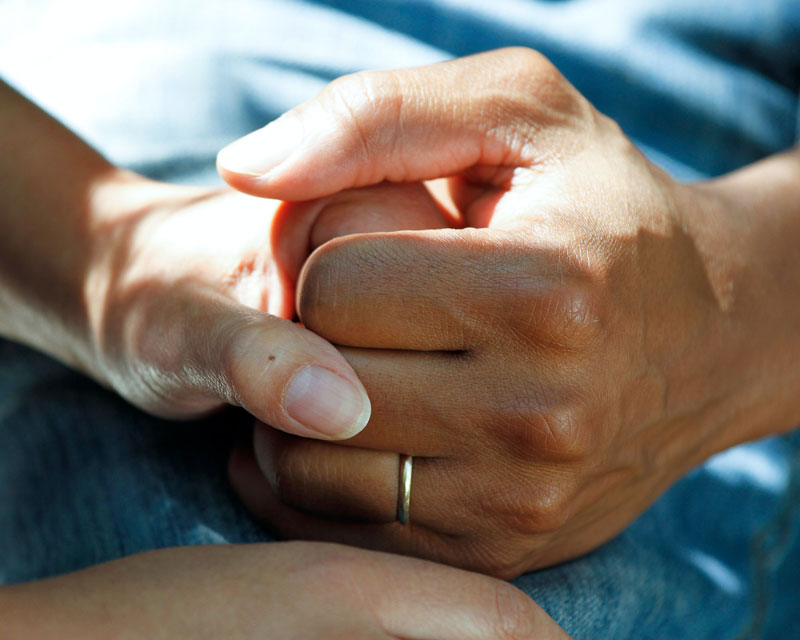Research in to the ‘Effectiveness of acupuncture and related therapies for palliative care of cancer: overview of systematic reviews’ by Wu and Chung (2015) has shown that there are therapeutic benefits of acupuncture in palliative care patients to control the symptoms of cancer related fatigue, chemotherapy induced nausea and vomiting and leukopenia. Acupuncture is considered a complimentary form of palliative care for cancer and because of its relative safety and can be used where treatment options are few.
The incidence of cancer continues to rise, with this is mind and the advances in treatment it can be concluded that there will be an increased need of therapies to control the symptom burden of cancer. According to the World Health Organisation, the aim of palliative care is to improve the quality of life for people with life-limiting conditions. It not only focuses on relieving the symptoms of cancer but the side effects of cancer treatment.
Various studies have drawn different conclusions on the effectiveness of acupuncture in palliative care however these differences could be due to varying inclusion criteria for each study. Due to these variances, an up to date overview of systematic reviews (SR) was carried out to ascertain the effectiveness of acupuncture in treating palliative care patients. There were various side effects studied but for the purpose of this article I will focus on nausea and vomiting and cancer-related fatigue:
- There were five SRs which summarised the effectiveness of acupuncture in cancer related fatigue. Four meta-analyses showed a reduction in fatigue with acupuncture. However only one meta analysis showed significant reduction in cancer related fatigue when acupuncture was combined with education.
- Six SRs looked at the effectiveness of acupuncture on chemo induced nausea and vomiting (CINV). Two studies showed a benefit in symptoms of (CINV) compared with the control group. Another found that acupuncture had an effect on acute vomiting but not on delayed vomiting and the remaining studies suggested that acupuncture had similar benefits to conventional medicines.
- A randomised clinical trial looking at acupressure for chemotherapy induced nausea and vomiting by Dibble et al (2007) concluded that acupressure had added value by reducing the amount of CINV in women undergoing chemotherapy for breast cancer.
Working in the hospice, it would be helpful to offer alternative ways of controlling nausea and vomiting and acupuncture would be a useful alternative for patients who are already taking multiple medications. There is also a place in offering acupressure to aid nausea and vomiting and this could be used by the patient whenever they felt it was required. Acupressure could also be taught to nursing staff allowing patients to benefit when physiotherapy staff are not present, for example at the weekend or when the home care team are visiting patients at home. At present we offer fatigue management in collaboration with our Occupational Therapist and it would be worth considering the use of acupuncture during these clinics in order to improve quality of life for patients.
